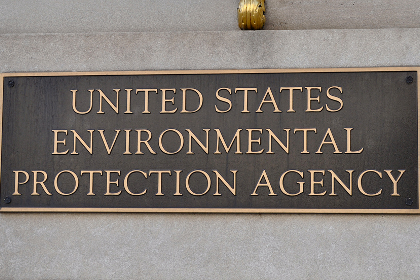
Legal Filing Accuses EPA of Unfairly Protecting Monsanto
Glyphosate — the active ingredient in Monsanto's wide-spectrum herbicide Roundup and other pesticides — is the most widely used agricultural chemical in the world, and has been detected in a wide array of samples, including blood, urine, breast milk and drinking water.
March 1, 2017 | Source: Mercola | by Dr. Joseph Mercola
Glyphosate — the active ingredient in Monsanto’s wide-spectrum herbicide Roundup and other pesticides — is the most widely used agricultural chemical in the world, and has been detected in a wide array of samples, including blood, urine, breast milk and drinking water.
A German study1 published in 2012 showed that even those with no direct agricultural contact have significant concentrations of glyphosate in their urine — concentrations ranging from five to 20 times the permissible limit for glyphosate in German drinking water.
Similarly, tests conducted by the University of San Francisco, published in May last year, showed that 93 percent of Americans have detectable levels of glyphosate in their urine.2
If you believe Monsanto’s PR department, this is no cause for concern, as — in their estimation — glyphosate is harmless. However, independent studies suggest otherwise.
In March, 2015, the International Agency for Research on Cancer (IARC), a research arm of the World Health Organization (WHO) and the “gold standard” in carcinogenicity research, reclassified glyphosate as a “probable human carcinogen” (Class 2A).3,4
Additionally, research scientist and consultant Anthony Samsel reports that he has uncovered evidence showing Monsanto has known glyphosate promotes cancer since 1981.
